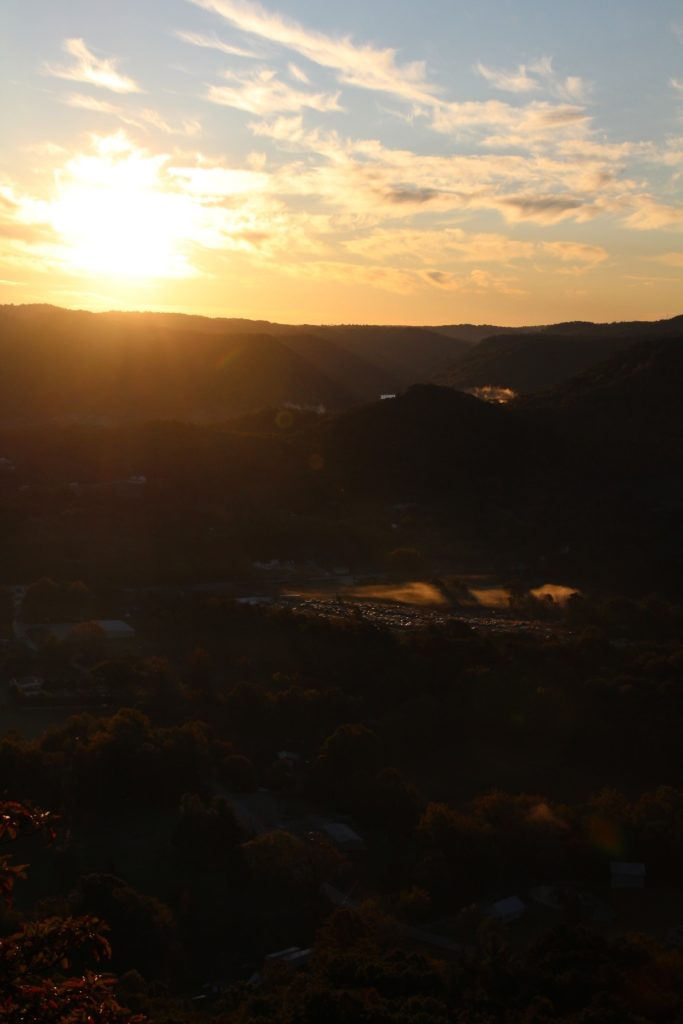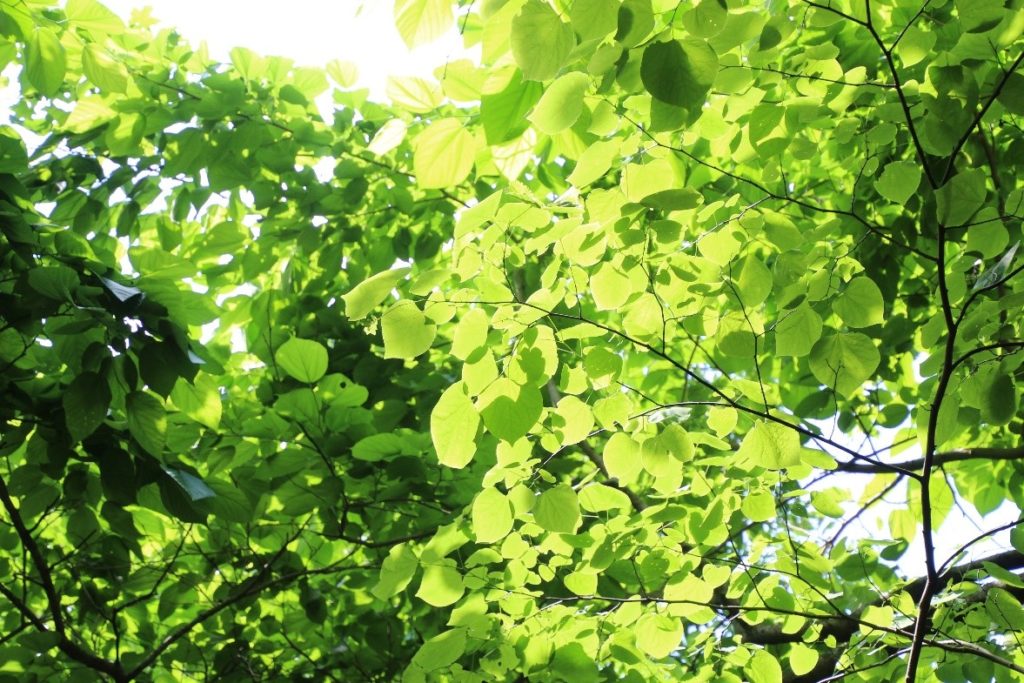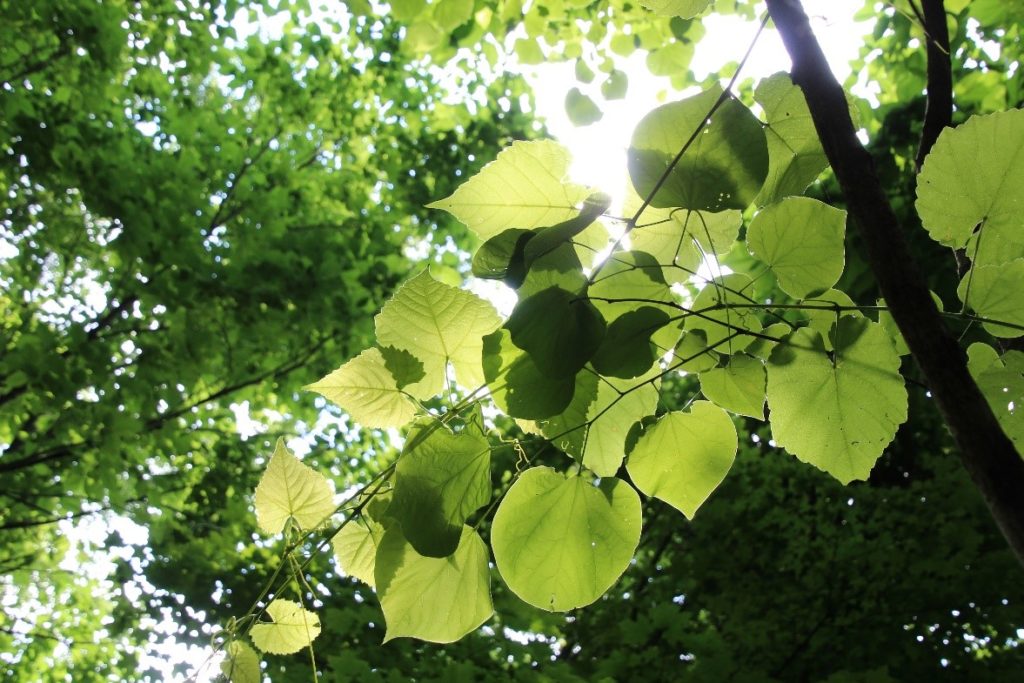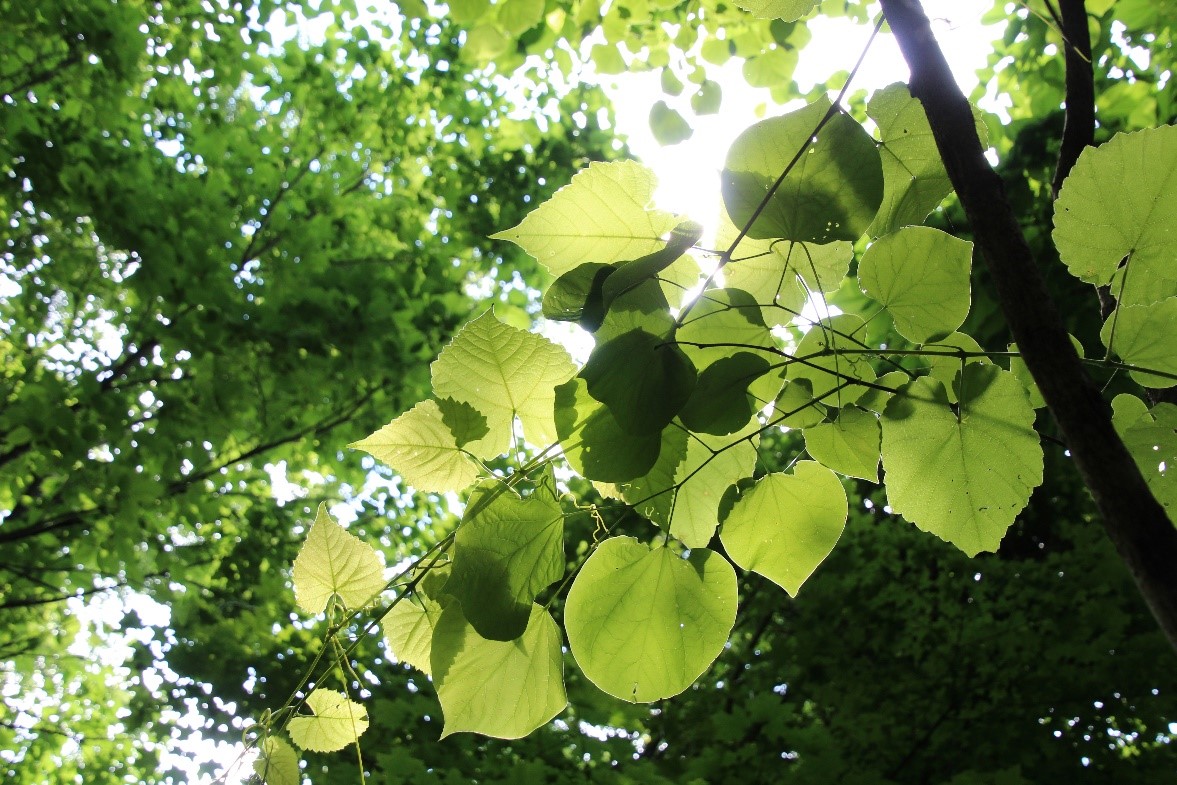I am convinced that language is the most fascinating aspect of anthropological study. We can study a culture’s words and oral customs and make inferences about that culture’s historic development and daily rituals. A language (and its numerous dialects) provides insight into what is prominent in the lives of its speakers. Words that describe very specific feelings or images are particularly intriguing; I try to imagine the origins of these words, the people that first spoke them, and what the word looked like when they were adopted.
Given my moderate obsession with language and all its branches, I sometimes look for new words to introduce to my vocabulary, and as a student employee of the Berea College Forestry Outreach Center, nature has been on my mind! So, I’ve done some research and compiled a list of 10 whimsical, new (to me) nature words, from various languages. Enjoy, and carry them with you next time you venture outdoors!
- Waldeinsamkeit (German): The feeling of being alone in the woods. This is directly translated to “forest-loneliness.” It is not inherently a negative or positive feeling. Of course we can feel alone and afraid in the woods, but in feeling alone, we can also experience the most profound moments of connectedness with nature.
- Madrugada (Spanish): The earliest stages of the morning. Also definted as the time between midnight and daybreak. In order to visualize this properly, view sunrise as happening in many levels, the very first of which is just a glimmer of light on the horizon. I like to think that madrugada occurs right on the line between sunlight and darkness that an astronaut might see if viewing the Earth from outer space.

- Komorebi (Japanese): Sunlight that filters through the leaves of the trees. This is my favorite thing about a forest in full bloom. I love the warmth of the sun, so when it gets too hot outside, the slivers of sunlight that seep through the leaves become a happy balance between cool shade and warm light. Not to mention that this effect is the most beautiful natural distribution of color and refraction in a forest.


- Gökotta (Swedish): To rise a dawn in order to go out and listen to the birds sing. Some Swedes claim that it is simple and daily acts like this that help to make the Swedish people some of the happiest in the world.
- Serien (French): Light rainfall from a cloudless sky after sunset. We use this word in English meteorology as well! It is also very closely related to the word “serene,” meaning tranquil or peaceful. It seems to me that anyone who might witness serien would certainly feel quite serene.
- Shinrin-yoku (Japanese): Taking in the forest atmostphere; forest bathing. More and more frequently this is being used as an effective therapy in Japan and in other parts of the world that are catching on to this cost-effective and eco-friendly idea!
- Hoppipolla (Icelandic): Jumping into puddles. Also the name of a 2005 song from Icelandic band Sigur Ros. Here’s the link to the music video. It’s amazing.
- Psithurism (Ancient Greek): The sound of rustling leaves or wind in the trees. It derives from the Greek word for “whispering.”
- Smultronställe (Swedish): A small, re mote place where one can find wild strawberries. This word is also used to describe the lovely and rare moments of tranquility in life. It’s also just another word that demonstrates the simple happiness of the Swedish people.
- Goldfoil: A sky lit by lightning in “zigzag dints and creasings.” This term was coined by poet Gerard Manley Hopkins, who often created his own terms for sights that didn’t have names yet. Sometimes it’s good to be reminded that all words, even the most common ones, are just “made up.”


0 Comments